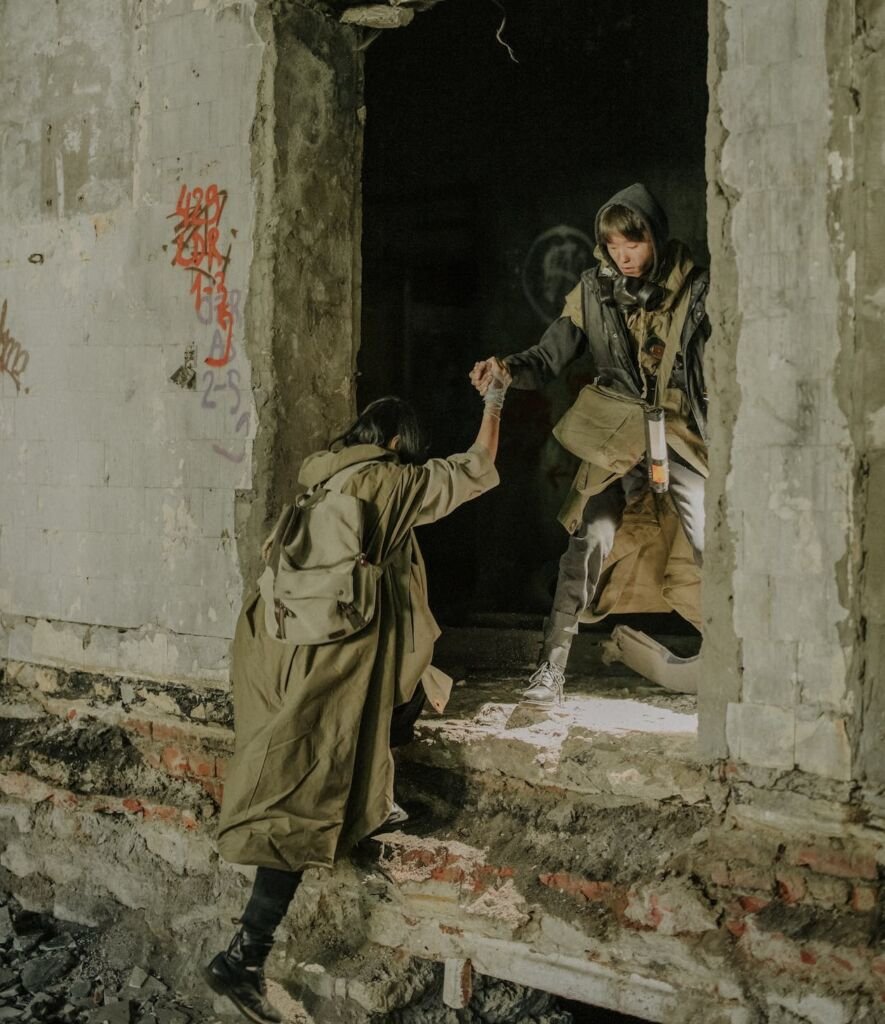Welcome back. Now that we’ve addressed that God didn’t create evil and He created everything good. And evil in itself is a lack of goodness, and we addressed why there’s a difference between God’s permission and God’s intention. Let us consider, are all evils equal?
Well in the problem of evil, as we mentioned earlier, philosophically, they break them up into two parts. Part one: there’re evils that are made by man, manmade evils, and there’re natural evils. Let us consider manmade evils. Manmade evils are exactly as they’re called. Humans have a choice to do certain things, good or evil, and sometimes they choose to do horrendous evils.

This does not mean that this is God’s intention. However, as we mentioned in the last video, God’s permission is different to God’s intention and because He gave humanity free will, with that comes consequences. And the consequences of doing horrendous evils are sometimes felt by man. So how do we look at this particular aspect.
Very simply, with free will and these consequences, God does not leave man without a particular type of judgment. At the end of days, there’ll be judgment for the good and judgment for the evil. When we look at those horrendous evils, humanity, whilst choosing to do horrendous evils like this, will no doubt face the judgment of God.
Free Will



Let us consider if a man was to drink and drive, he has a choice to make. He can drink and not drive, or he can drink and drive. In so doing, if he was to take someone’s life, that is not on God; God gave this man free will. And so the consequences of his actions fall solely and wholly in his hands. This is the idea of manmade evil.
Unfortunately, it has impacts on many other people in humanity. Does that mean that this person will not receive a punishment? Of course, he will. And likewise, also, the person whose evil was done against will also receive a just reward. Let us now consider next time natural evils.




